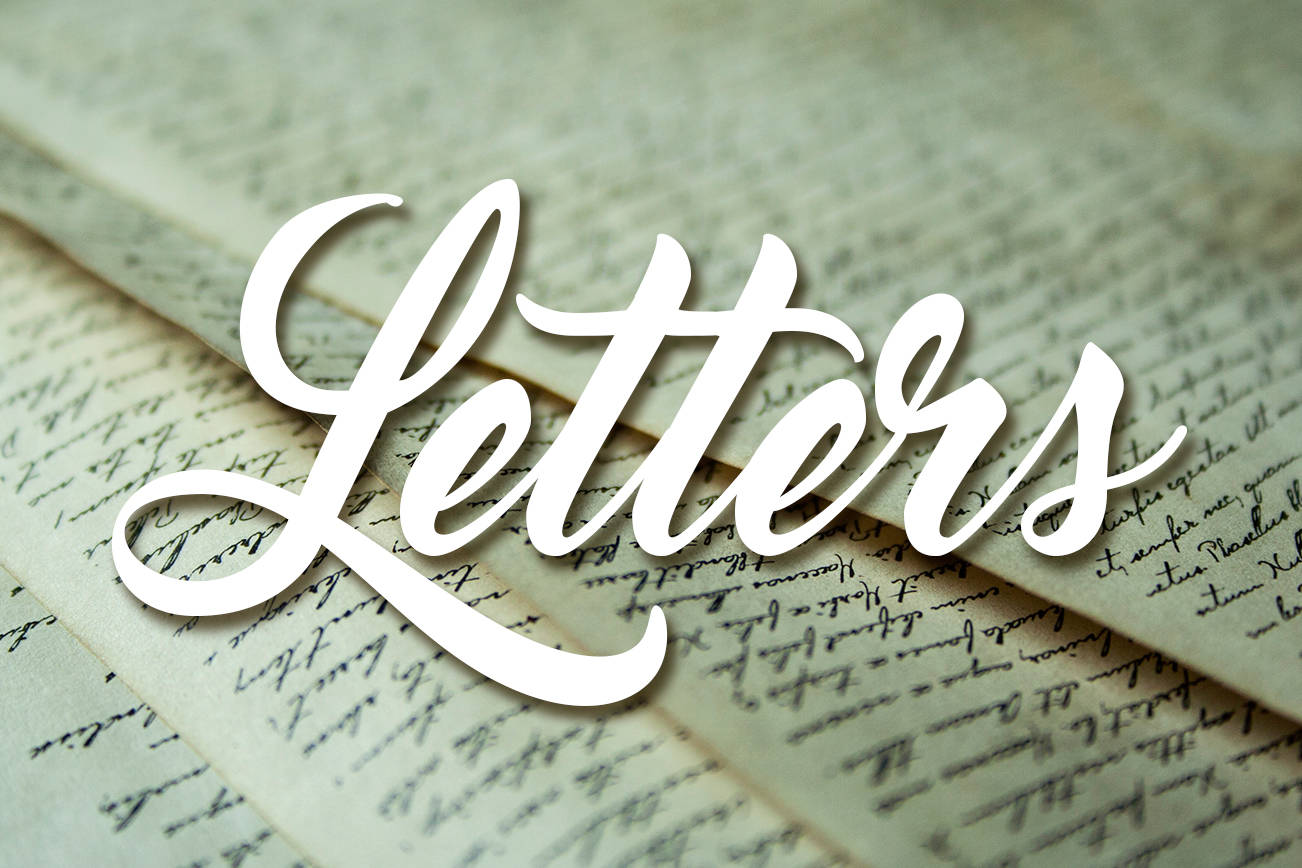I remember a few years ago sitting in a restaurant. I saw king salmon (or Chinook) on the menu. I realized that if I ordered it, I would feel guilty. In my mind, I saw starving orcas. I believed that choosing to eat king salmon would impact them. Some of the other people at my table did choose the king salmon for their entree.
I have not eaten king salmon since. I do, however, eat sockeye and coho.
There is a lot I don’t know about this subject. How many king salmon do people eat? To what degree does it impact our local resident orcas? Or is this issue more about the dams? From what I have read, (https://www.epa.gov/salish-sea/chinook-salmon) the king salmon population is affected by habitat change, harvest rates and hatchery influence.
According to the EPA, there has been a 60 percent reduction in Chinook abundance since the commission began tracking salmon data in 1984. This is despite a 29 percent reduction in the number of harvested salmon and a 30 percent increase in the number of spawning salmon since 1999 when Puget Sound Chinook was listed as a threatened species under the U.S. Endangered Species Act.
Despite these numbers, the orcas are in trouble. What I know is that I would like the orcas to survive for a while longer. I would like to know that they are not starving to death. I would like to know that I made my own small contribution to their survival.
Our restaurants and markets continue to sell king salmon. Maybe these aren’t local kings? I have no idea. Can they reassure us that the king salmon being sold here is not local and not impacting the orcas? Or perhaps someone with more education on this subject can offer their knowledge? Is it time for us to stop harvesting and eating the kings? Can we take a bigger stand to protect the orcas?
Jennifer Lehr
Obstruction Pass



